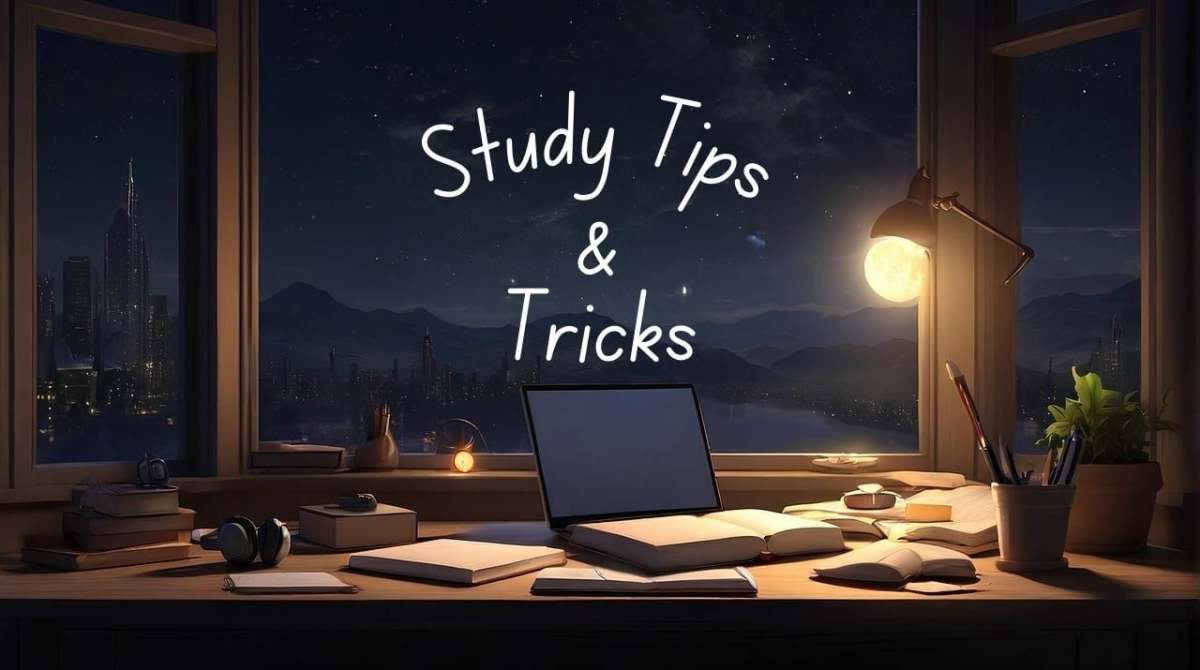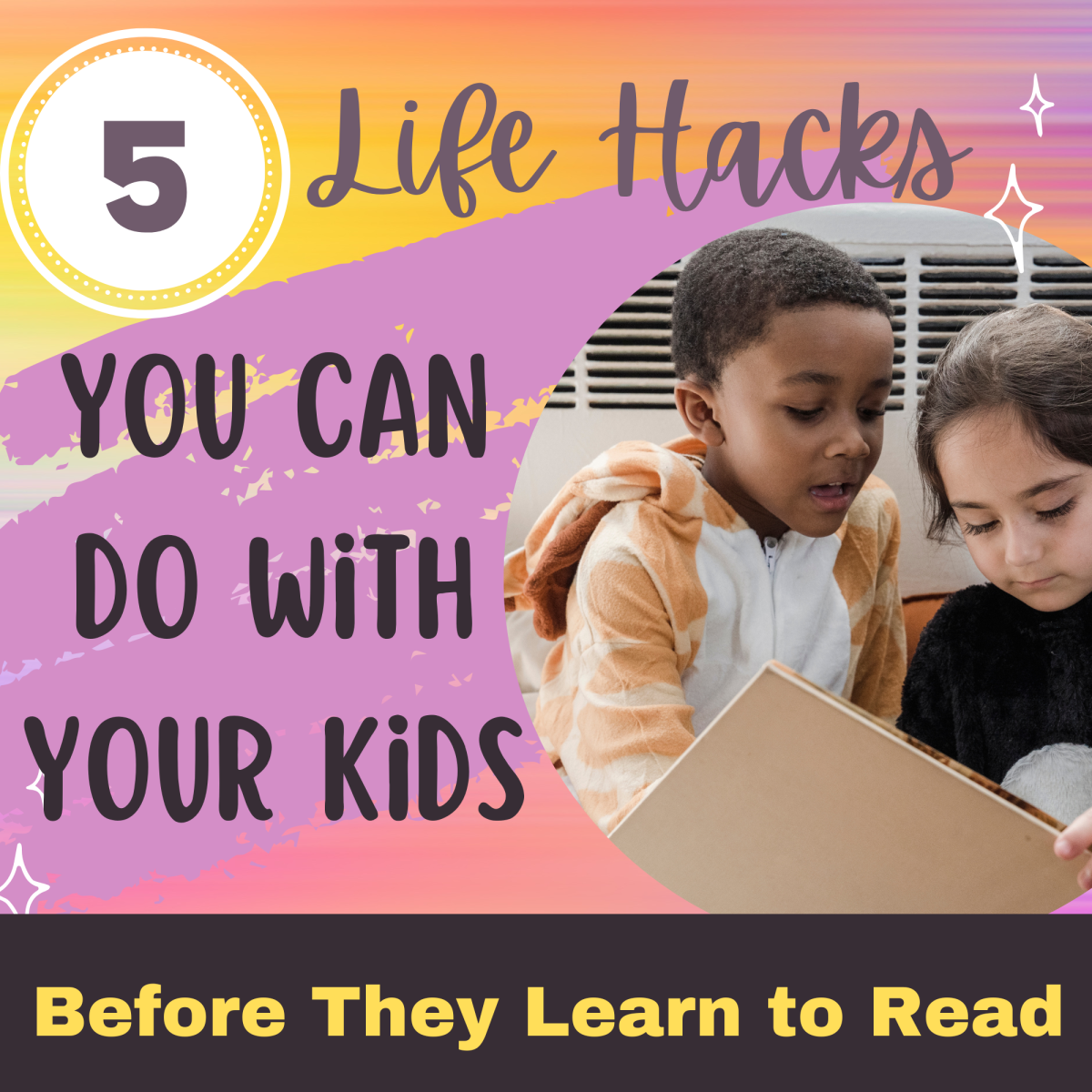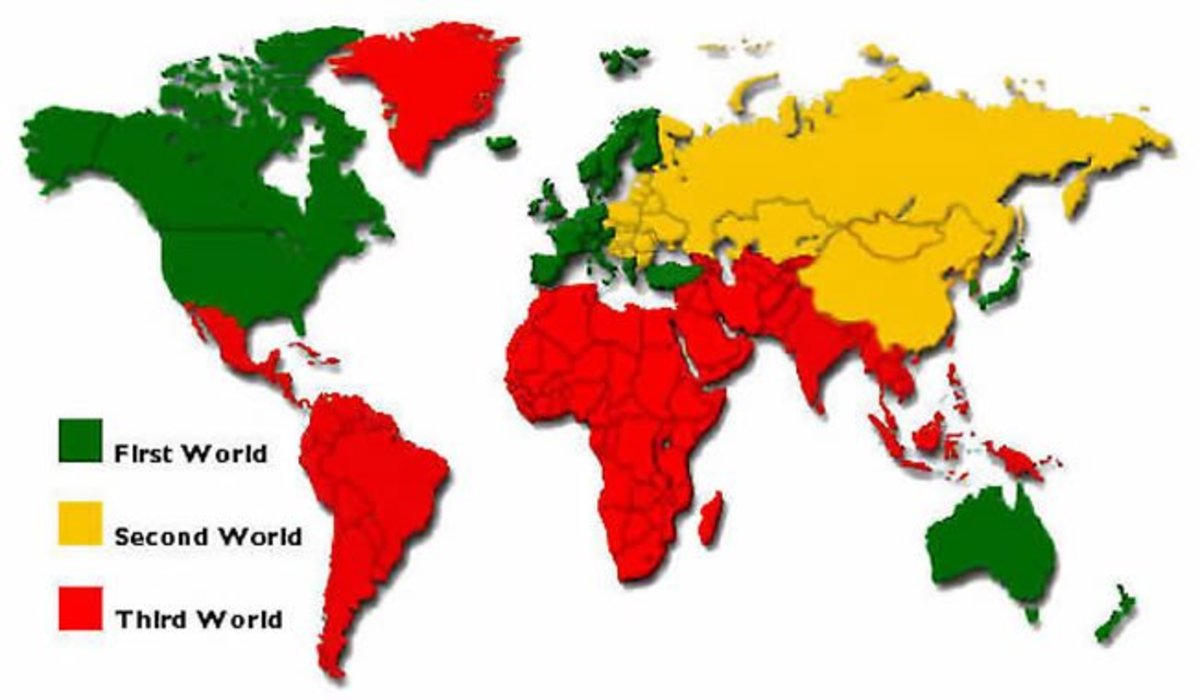The A-Z of Unique and Effective Study Techniques: Part 3
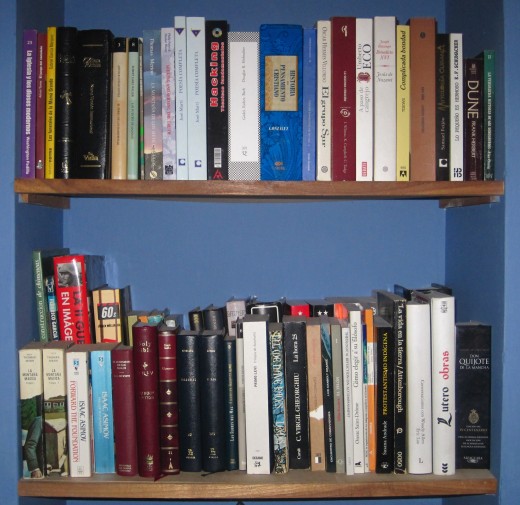
I Thought I Knew It All…
This is the third and final part of this series. It goes from ‘Q’ to ‘Z’.
Questions
One way to understand your work is to ask questions. Now, you can ask yourself questions, like a test, and answer them, or you can ask others, to find out. One thing I’ve heard about professionals and tutors is: “If you don’t ask, they won’t tell.”
Read aloud
If you try to sit down and read quietly, you’ll find that your mind wanders. If you read aloud, you are using more than one of your senses. You’re looking at the work and you're hearing it too.
Reading
Sometimes you don’t have the option of reading aloud, like in a classroom or study hall, and so you need to concentrate more. See the role play tip for more.
Research
It pays to know your work, and in addition to going through you course material; you should also learn things from other sources, like the internet, and experts on the subject. Take an interest in your work, and learn more about it.
Revision
Unless you go over your work regularly, you won’t retain the information you learn. Before you progress to a new section, go over your last piece briefly.
Role Play
You remember the tip about pretending to be the teacher? This time, you can pretend that your favourite celebrities or role models are reading the material to you. This works best when you read quietly and not aloud, unless you can actually do successful impersonations of their voices! This will make it more interesting for you.
Room is light enough and neat
They talk about sleep hygiene; well this is study hygiene. Make sure your study area is neat, there is enough light, whether from a window or a light source like a lamp. Sitting in the dark with just the glow of a PC screen isn’t good enough.
Senses (sight, hearing, speech, smell and touch)
When you read, you only use your sight. The objective then is to try to use as many of your senses as possible. You can do that by trying all the different tips here.
Set a schedule and timetable
In school you are usually tasked with drawing up timetables. Some serve to remind you which class you need to report to, and others are your homework and study periods after school.
Set your own tests
You can set any sort of test or have someone else do it and then give it to you. In some text books, at the end there are ‘test yourself’ sections that will test your knowledge of the things you’ve learned and hopefully remembered.
Study groups
For some that can’t study on their own, there are study groups with people who take the same section. There is the temptation to do other things though like talk, and so there are distractions.
Study guides
In addition to text books, you can get study guides that will give you a lot of tips that will teach you how to study as well as have extra information on you subjects of study, and go into a lot of detail.
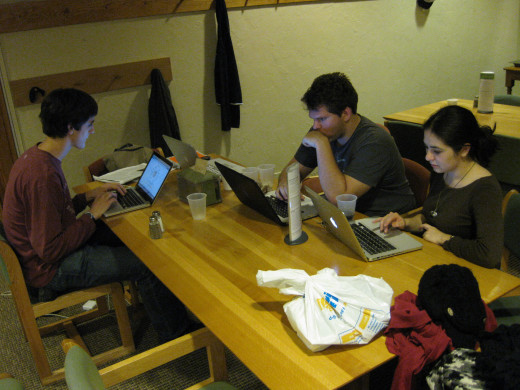
"If you try to sit down and read quietly, you’ll find that your mind wanders. If you read aloud, you are using more than one of your senses. You’re looking at the work and you're hearing it too."
Summarize
It’s a good exercise as well as practical when you have to revise a piece of work, to make summaries and extract the key points from the work. You get prose form and point form summaries. Prose form deals with keywords and point form deal with making a list of numbered points.
Tiredness
Without enough sleep, it will be hell to study hard and get the motivation. When I was still at school, I would go to bed late, and I had to get up early to catch the bus to get to school. By the time I got home, I was too tired to do all the homework.
Understanding
It’s impossible to learn what you don’t understand. That’s a saying that I’ve heard and read many times.
Use all parts of your brain
We have a right side of the brain and a left side. In addition to this, I’ve read that we have seven intelligences. You need to try and use them all, especially by using different media to enhance your ability to learn. Think about reading versus reading, writing, hearing, seeing, smelling and touching; taking a real hands-on approach to study.
Variety
Doing the same thing all day gets boring, and you’ll be less likely to want to do it again tomorrow. Taking different days to do different parts of your coursework will keep it fresh.
Video
It’s all very well reading something, but seeing a video about it adds a whole dimension to your learning. If you want something professional, you can try the library or an actual channel that deals with education, like the Liberty Learning Channel (S.A.), or plenty of others on worldwide Satellite TV, like History, Discovery, National Geographic or Animal Planet. Certain channels like these and the BBC will send you videos for a price.
Writing
It’s one thing to read, but it’s another to be able to write what you’ve learned. This depends on your memory and revision, and you’ll be surprised how little you can actually write at first! Some people claim that writing the same line over and over helps the information to sink in.
Xerox
If a library, school or other institution won’t let you take a particular exam, you’ll have to photocopy it.
YouTube
You can pick up a lot of videos made by other people on the internet, like Youtube, Google, and MySpace on a variety of subjects. The only thing is that the video quality might not be sufficient, and you need broadband to really be able to watch them online. You can download them but then you need to have a program or browser addon that can capture flash videos.
Zest
It takes the right attitude to sit down and study, and you need to approach it as something enjoyable otherwise you won’t feel like doing it.
“It would be nice if the poor were to get even half of the money that is spent in studying them.”
— Bill VaughnDo you use any of these techniques for studying?
© 2009 Anti-Valentine

